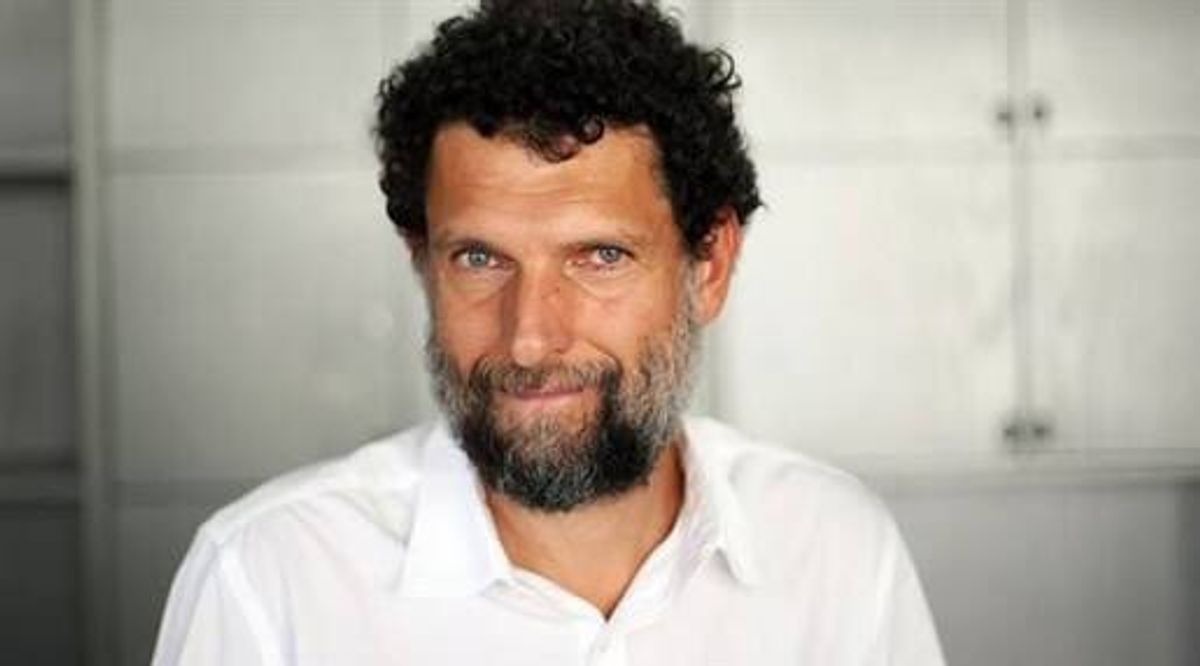The Turkish cultural activist and businessman Osman Kavala has been sentenced to life imprisonment by a Turkish court for allegedly attempting to overthrow the government under President Recep Tayyip Erdogan. Milena Buyum, a campaigner at Amnesty International, told the Financial Times that the “verdict is designed to send a very chilling message to the rest of civil society and to human rights defenders”. Kavala has already spent four and a half years behind bars without any conviction.
Kavala, the chairman of the Anadolu Kültür (Anatolian Culture) centre, was detained October 2017 at Istanbul's Atatürk Airport. He was returning from the south-eastern city of Gaziantep where he was discussing a project with staff at the Goethe Institute, Germany's cultural outreach organisation. Pro-government newspapers accuse Kavala of funding terror organisations and running a criminal organisation that supported the coup attempt in July 2016 when a section of the Turkish military tried to overthrow President Erdogan.
A statement posted on the Instagram of Anadolu Kültür reads: “We strongly reject the life sentence handed down by the court against Osman Kavala, [our] founder and chair… following his unlawful detention of more than four and a half years.” Seven former and current members of the organisation’s executive board, including Cigdem Mater and Hakan Altınay, all received prison sentences of 18 years.
Kavala has been in detention for more than 1,600 days. During this time, he has stood trial on three separate charges; the first two were related to allegedly being the organiser and financier of anti-government protests in Istanbul’s Gezi Park in 2013. Kavala was acquitted of these charges in February 2020 but then faced “espionage” charges, linking him to the failed coup attempt in 2016 against Erdogan.
“The prosecuting authorities have repeatedly failed to provide any evidence that substantiates the baseless charges of attempting to overthrow the government. This unjust verdict shows that the Gezi trial [in 2019] was only an attempt to silence independent voices,” adds Nils Muižnieks, Amnesty International’s Europe Director, in a statement. In December 2019, the European Court of Human Rights concluded that authorities have targeted Kavala in pursuit of “an ulterior purpose, namely to silence him and dissuade other human rights defenders”. The Turkish Embassy in London did not respond to a request for comment.


